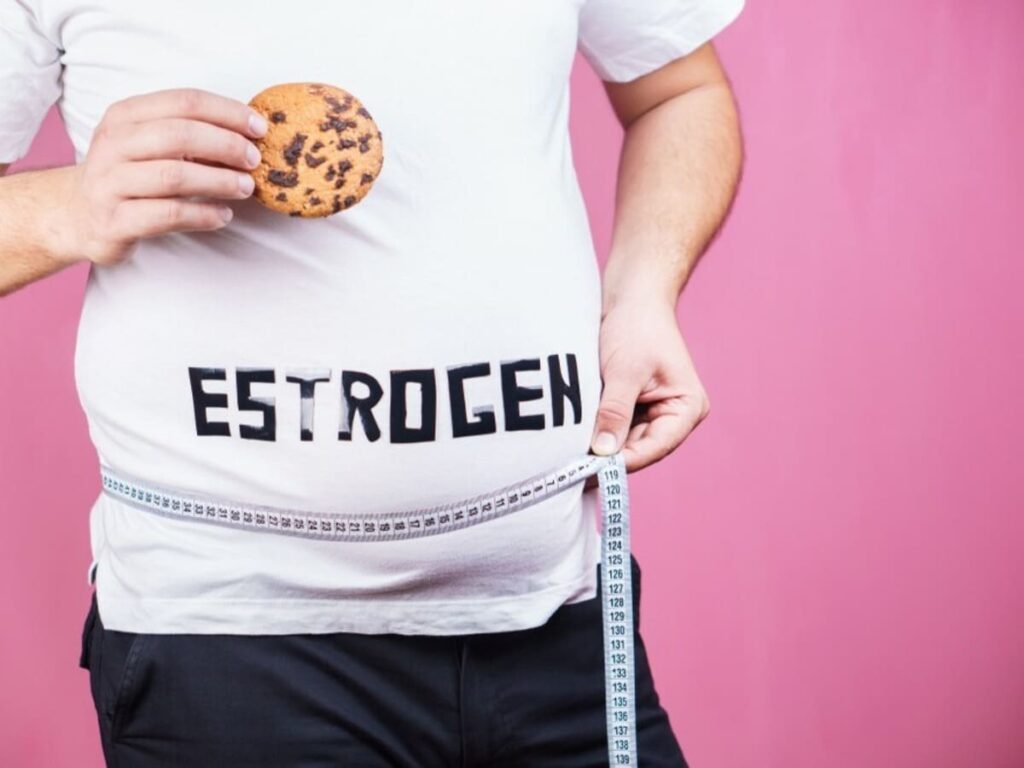Hormonal imbalance can significantly impact overall health, leading to a variety of issues from mood swings to weight gain. The body relies on a delicate balance of hormones to function properly, and when this balance is disrupted, it can cause numerous health complications. While various factors contribute to hormonal imbalance, one critical aspect is the food we consume. This article explores five specific foods that could exacerbate hormonal imbalances and offers insights into how to mitigate their effects.
Understanding Hormonal Imbalance
Hormonal imbalance refers to an irregularity in the levels of hormones in the body. It can be caused by various factors such as stress, medical conditions, and diet. Hormones are vital for regulating numerous bodily functions, including metabolism, mood regulation, and reproductive health. Therefore, understanding the impact of diet on hormones is essential for maintaining overall well-being.
Key Foods That Contribute to Hormonal Imbalance
| Food Item | Effect on Hormones | Health Implications |
|---|---|---|
| Sugar | Increases insulin levels | Leads to weight gain, fatigue, and mood swings |
| Processed Foods | Contains unhealthy fats and additives | Causation of inflammation and insulin resistance |
| Dairy Products | Contains hormones and may disrupt estrogen balance | Can lead to skin issues and menstrual irregularities |
| Refined Carbohydrates | Elevates blood sugar levels | May result in weight gain and increased cravings |
| Trans Fats | Disrupts normal hormone production | Associated with cardiovascular diseases and obesity |
In-Depth Analysis of Each Food
Sugar
Excessive consumption of sugar can lead to elevated insulin levels, disrupting the hormonal balance. Chronic high sugar intake may result in insulin resistance, which is linked to type 2 diabetes and weight management issues.
Processed Foods
Often high in unhealthy fats and artificial additives, processed foods can contribute to inflammation in the body, affecting hormone levels. Regular consumption of these foods increases the risk of chronic diseases.
Dairy Products
Dairy can contain hormones that may interfere with the body’s natural hormone production, particularly estrogen. For some individuals, this can lead to skin issues, digestive problems, and alterations in menstrual cycles.
Refined Carbohydrates
Foods high in refined carbohydrates can cause spikes in blood sugar levels, triggering insulin production. This cycle of rapid blood sugar elevation and decline often leads to cravings and overeating, impacting weight and hormonal balance.
Trans Fats
Trans fats are known to interfere with the body’s hormone production, contributing to conditions such as obesity and heart disease. They are commonly found in fried foods, baked goods, and margarine.
Strategies for Maintaining Hormonal Balance
To maintain hormonal balance, it is crucial to adopt a nutritious diet rich in whole foods. Here are some strategies:
- Increase consumption of fruits and vegetables for essential vitamins and minerals.
- Incorporate healthy fats such as avocados, olive oil, and nuts.
- Choose high fiber foods to support digestive health.
- Stay hydrated to ensure optimal metabolic function.
Conclusion
Hormonal imbalance is a complex issue that can be influenced considerably by diet. By understanding which foods can contribute to hormonal disruption, individuals can make informed choices to promote hormonal health. Incorporating a balanced, nutrient-rich diet while minimizing the intake of sugar, processed foods, and unhealthy fats can significantly enhance overall well-being and restore hormonal balance.
